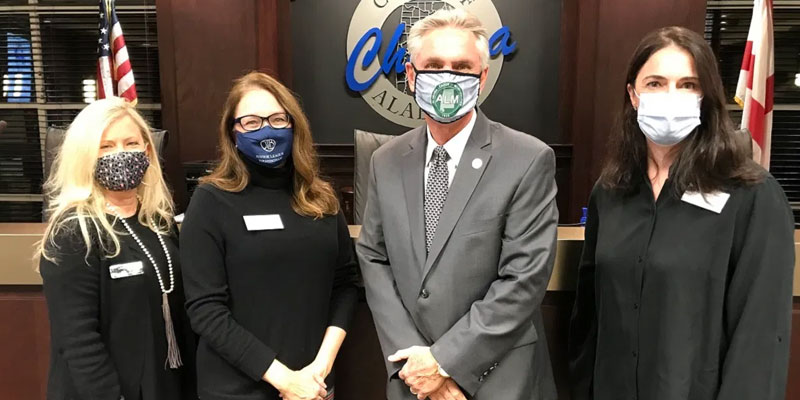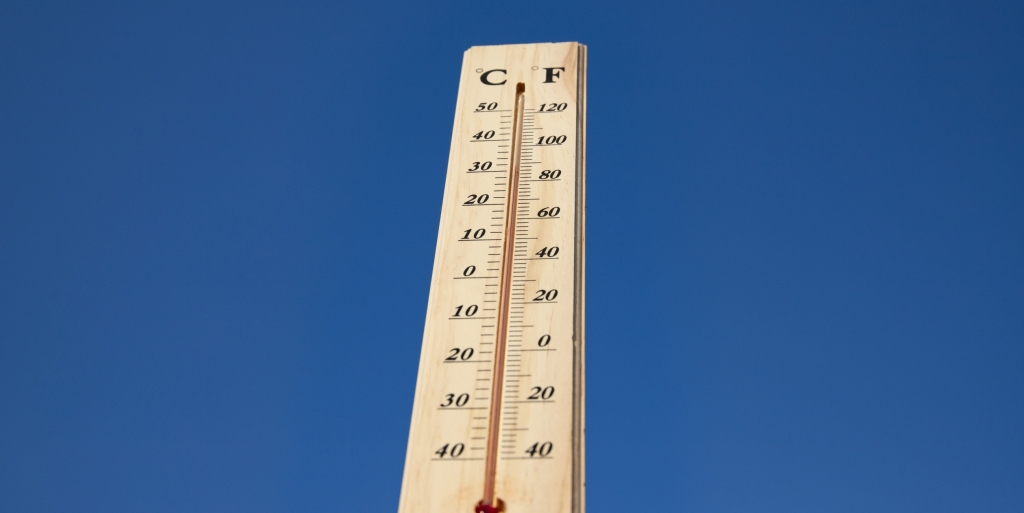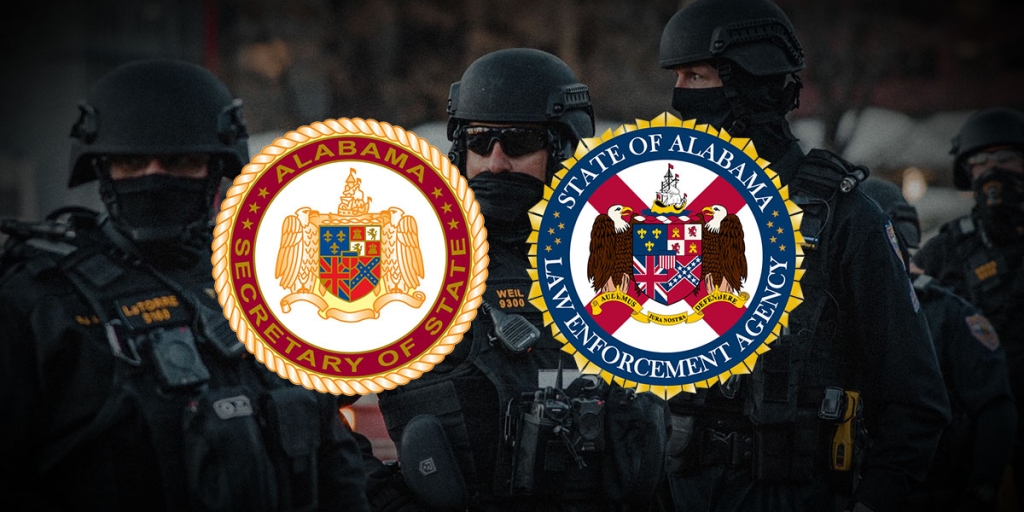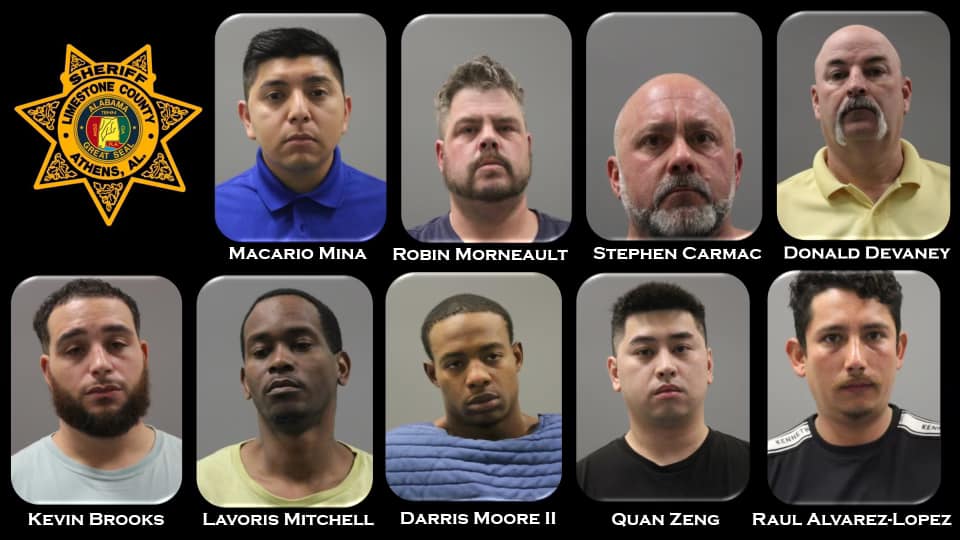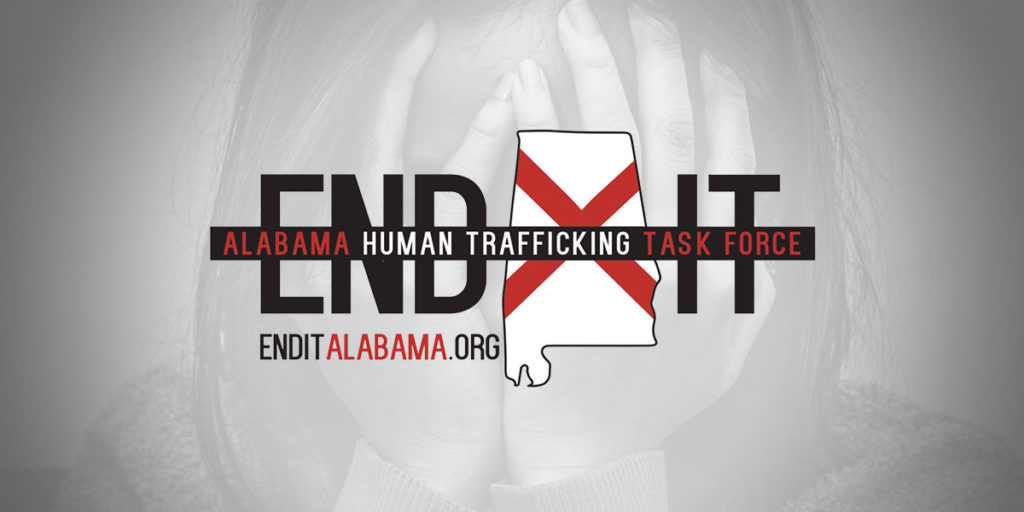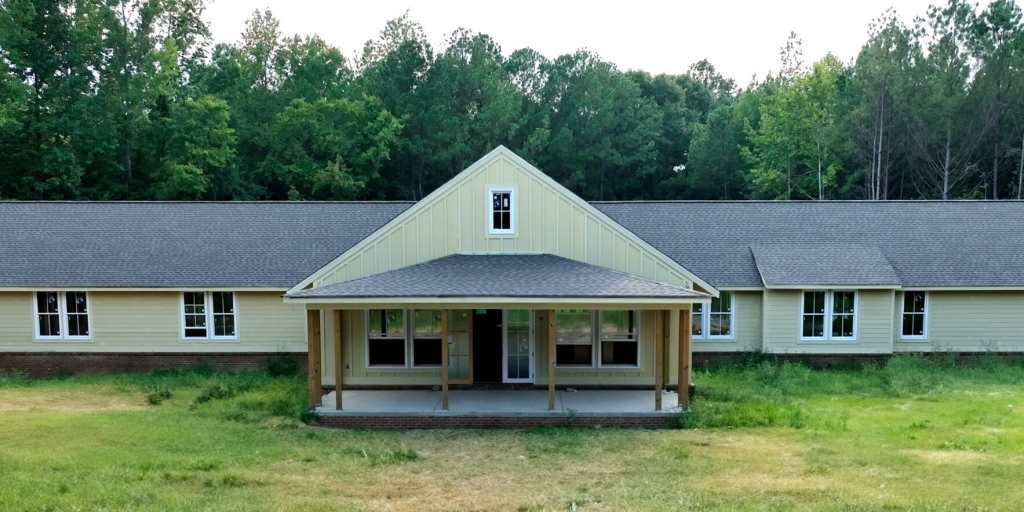The Junior League of Birmingham (JLB) is hosting several virtual Anti-Human Trafficking Awareness Month events statewide throughout January. Led by the initiatives of the JLB’s Anti-Human Trafficking Committee, the free, educational events seek to promote awareness of the issue and debunk common myths surrounding it.
Alabamians are invited to participate in the “Human Trafficking Awareness: What You Need to Know to Help End It” event series. The JLB statewide initiatives have been rolled out in partnership with the Junior League of Anniston-Calhoun, the Junior League of Mobile, the Junior League of Montgomery and the Junior League of the Shoals, and presented by Regions.
Tasked with addressing ways to provide education about and prevent human trafficking in the Birmingham area, the JLB’s Anti-Human Trafficking Committee focuses on bringing awareness and encouraging engagement from three sectors: the community at large, area college students and the legal and judicial community.
“Human trafficking is largely successful because of community apathy and denial of its existence,” said Julia Meyers, chair of the JLB Anti-Human Trafficking Committee. “That doesn’t mean it isn’t happening right under our noses – and on an enormous scale. With I-20 and I-65 as both major human trafficking corridors running through the Birmingham metro area, this issue should hit home with those that live, work and play in or near Birmingham.”
Considered the second-largest, fastest-growing enterprise in the world, human trafficking cases have been reported in every state in the United States. The Department of Homeland Security estimates the commercial sex industry generates $110 million each year in the Birmingham metro area. This does not include illegal activity in massage parlors or strip clubs, nor child trafficking, which is more difficult to quantify.
According to the U.S. Institute Against Human Trafficking (USIAHT), 90% or more of people who are prostituted are actually being trafficked. Anti-trafficking advocates believe it is a higher percentage in Alabama.
“Ending human trafficking will require working together on a state and communitywide response, and the Junior League of Birmingham is committed to bringing awareness to this issue in any and every way possible,” said Toni Leeth, JLB president.
Virtual informational events held by the JLB in January include:
- Human Trafficking 101 – Thursday, Jan. 7, from 7 to 8:30 p.m. This event features speakers Jessie Keating Hardy and Ellie Friedman, two JLB members of the Anti-Human Trafficking Committee who are attorneys in Birmingham. This virtual event seeks to begin proactive conversations and answer questions on how to combat trafficking. Topics will focus on how the sex trafficking business operates, how traffickers recruit and subjugate young women and children and what you can do to help put an end to this modern form of slavery.
- Social Media Predators: What Parents Need to Know About Online Human Traffickers, presented by Bark – Tuesday, Jan. 19, from noon to 1 p.m. The JLB’s internet safety training will feature Renee Abrams, the school safety manager from Bark, a parental control phone monitoring app designed to help keep kids safer online. Through her experience helping schools identify digital safety and implementing Bark safety solutions, Abrams will discuss the dangers of social media with trafficking and how parents can monitor their children’s online activity and protect them from online predators and human traffickers.
- Truckers Against Trafficking and the JLB Present: Be the Voice to Help End Human Trafficking – Tuesday, Jan. 26, from noon to 1 p.m. This panel provides the opportunity to hear from those who have witnessed trafficking firsthand, including a trafficking survivor. Panel topics will focus on how anyone can be a part of the solution to this multibillion-dollar crime operation. Panelists include Lt. Darren Beams of the Tuscaloosa Police Department and West Alabama Human Trafficking Task Force; Audrey Jordan, assistant attorney general of Alabama; Dixie Shannon, survivor and certified recovery support specialist; Julia Meyers, JLB Anti-Human Trafficking Committee chair; and Susan Dold with Truckers Against Trafficking.
During the past four years, the JLB leadership has helped reach thousands across the state to bring a greater understanding of this public crisis and to empower communities and organizations to act. Because of these efforts, 34 area mayors have signed awareness proclamations that led to seven area municipalities declaring themselves Trafficking Free Zones in 2020; signs were installed in every bathroom stall across the Birmingham International Airport; and multiple awareness events and training sessions have reached more than 1,200 people. Partnering with other entities across Alabama, the league supported 2019 legislative efforts, including HB 261, which requires all commercial drivers to take a human trafficking awareness class in order to obtain a license.
Most recently, Vestavia Hills and Trussville renewed their declarations as Trafficking Free Zones and approved Human Trafficking Awareness Month proclamations for January, as did Alabaster, Chelsea, Bay Minette, Beatrice, Brent, Geraldine and Vincent. Other declarations will take place this month in Hoover, Birmingham, Gardendale, Mulga and Northport. The league partners with the Child Trafficking Solutions Project to implement USIAHT’s Trafficking Free Zone status, as well as End It Alabama to encourage all municipalities to declare January Human Trafficking Awareness Month, which has been proven to open the door for training opportunities in those communities.
With Human Trafficking Awareness Day taking place Jan. 11, the JLB will work with Birmingham City Hall to further promote its anti-human trafficking efforts.
The JLB Anti-Human Trafficking Committee will take its expertise further into the state when members attend the End It Alabama Summit Jan. 28-29. A project of the Alabama Human Trafficking Task Force, End It Alabama works to combat all aspects of human trafficking, including sex trafficking and labor trafficking; coordinate strategies to provide comprehensive response services for victims; focus on prevention efforts to end demand and create awareness through education and community initiatives; and develop legislation to prevent, intervene in and treat human trafficking.
The JLB offers anti-human trafficking training materials and education programs to the community at large, other Junior League organizations and college campuses throughout the nation.
The Anti-Human Trafficking program is one of the JLB’s 40 community projects addressing some of Birmingham’s most critical issues. For 98 years, the JLB has been a positive force for change in Jefferson County, with 2,200 trained volunteers collectively volunteering more than 55,000 hours of direct community service each year.
To register for the events, visit https://jlbawareness.swell.gives/. For more information on the JLB, visit https://www.jlbonline.com/.
(Courtesy of Alabama NewsCenter)




